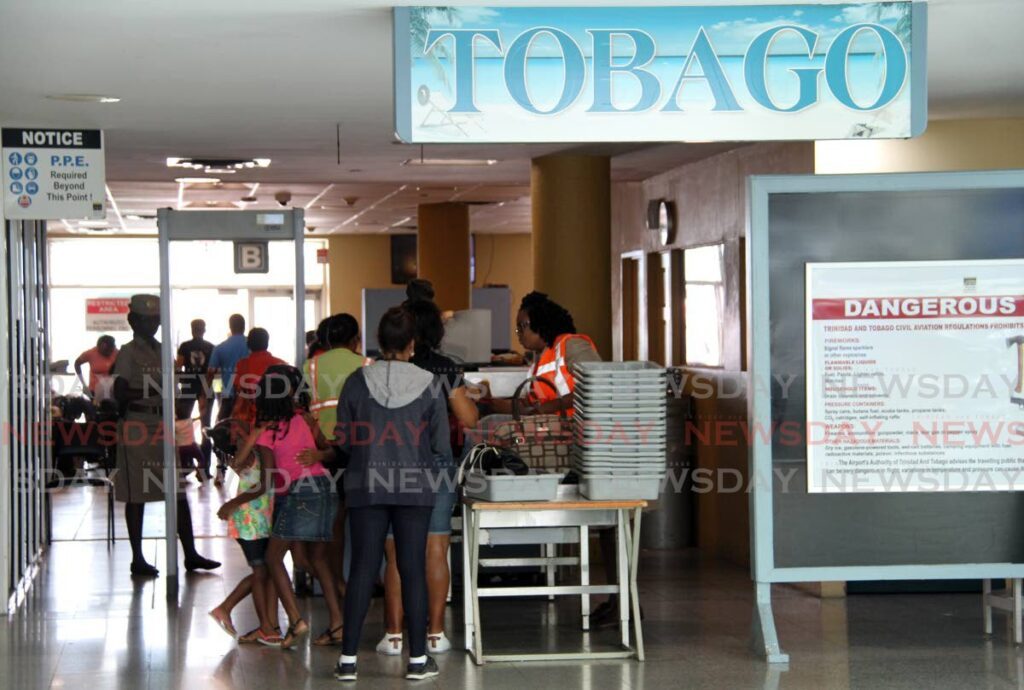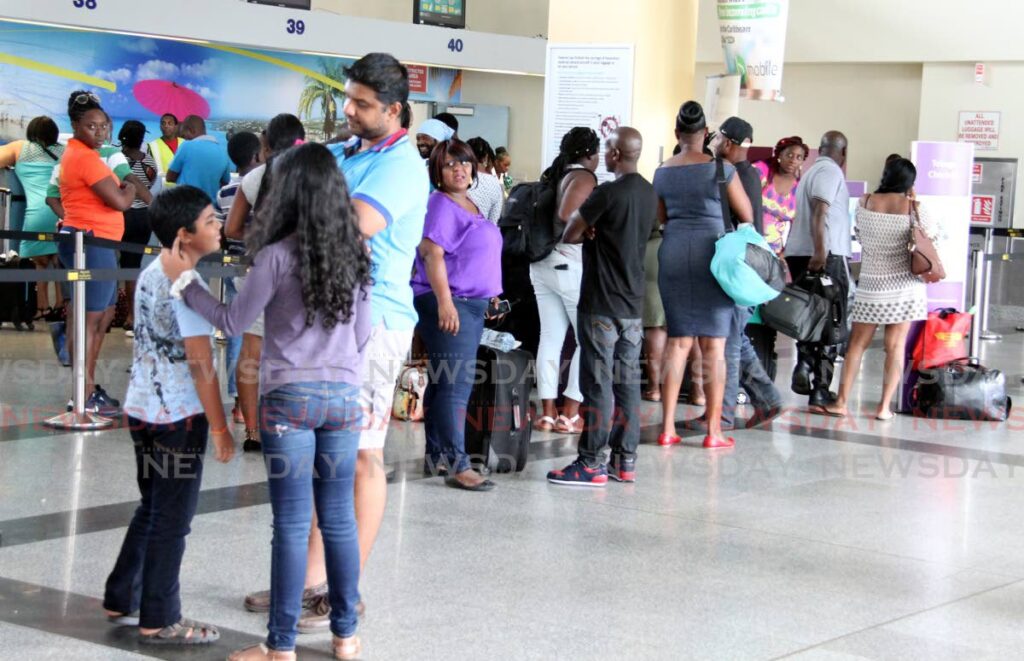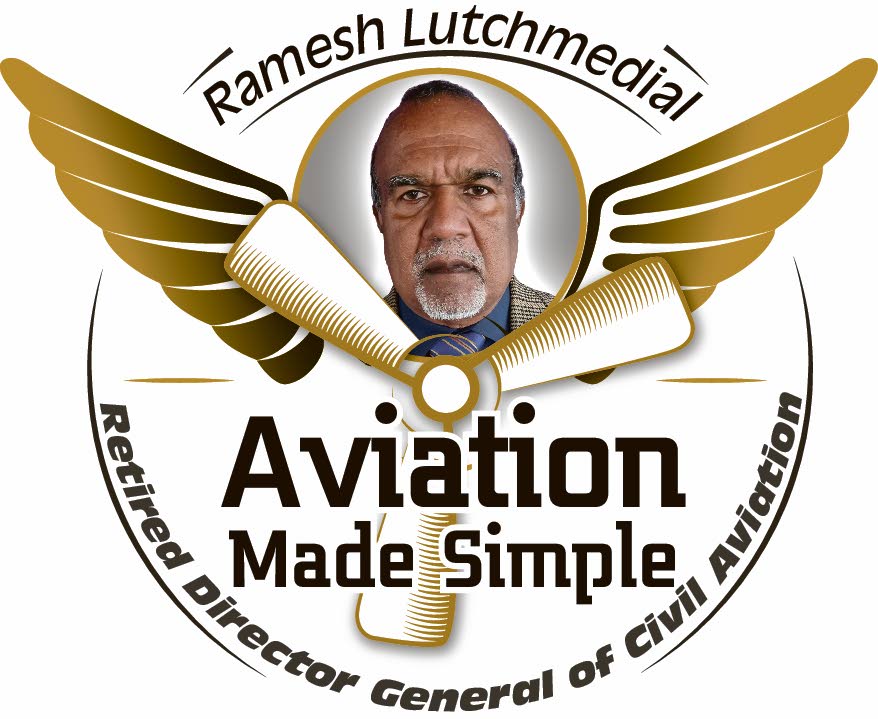Resolving Tobago's airlift imbroglio

The are several dimensions to the existing imbroglio over Tobago's airlift.
Firstly, TT is a signatory to the Chicago Convention of which article six – Scheduled Air Services, states, “No scheduled international air service may be operated over or into the territory of a contracting state, except with the special permission or other authorisation of that state, and in accordance with the terms of such permission or authorisation.”
Bilateral air service agreements (BASA) form the basis of authorisations and permissions for the airlines of one country to operate into another country.
The Bermuda I agreement between the UK and US governments, relating to air services between their respective territories signed in Bermuda in 1946, was one of the earliest BASAs.
This agreement became a global template BASA and subsequently used by many countries. The agreement was replaced by the updated Bermuda II agreement which was took effect in 1978.
Today, due to the ever changing social, economic and political environments, there is a shift away from traditional BASAs to more liberalised ones commonly known as “open skies” agreements.

In TT, a Cabinet-appointed Standing Negotiating Committee on Air Service Agreements (SNCASA) negotiates BASAs between TT and other countries.
Various stakeholders are represented on the SNCASA which is chaired by a senior counsel adept in aviation matters. The Tobago House of Assembly (THA) representative has retired and a replacement is yet to be appointed.
The draft BASA and the record of proceedings are initialled by the respective heads of delegations. Some BASAs take provisional effect after initialising and come into full force by the exchange of diplomatic notes that confirms that all administrative arrangements, including ratification by the governments of both parties, are in place for entry into force.
Secondly, the Civil Aviation Act 2001 established the TT Civil Aviation Authority (TTCAA) to maintain a standard of safety and efficiency in the civil aviation system that is at least equal to the standard of safety prescribed by the Chicago convention and any other aviation convention, agreement or understanding to which TT is a party. Section 5 (b) (i) and (ii) of the Civil Aviation Act 2001 empowers TTCAA to regulate all civil aviation operations in TT including air operators, airports, aircraft and airmen.
The Civil Aviation [(No 17) Economic] Regulations, 2016 authorise the TTCAA to grant international and domestic commercial air transport licences to airlines to operate into and within TT subject to the conditions prescribed in the regulations and the applicable BASA.
A foreign airline must be designated by it home country to operate into TT in accordance with the designation clause of the BASA. This is done through diplomatic channels.
Thirdly, section 26(1) of the THA Act as amended, states, “The Assembly shall not have responsibility for the matters set out in the sixth schedule.”
The sixth schedule – matters for which the assembly shall not be responsible – prescribes among other things, national security, foreign affairs, civil aviation, meteorology and immigration.
The THA is entitled to advocate for adequate air linkages between Tobago and international destinations to support its tourism industry. Discussions with foreign airlines such as British Airways, Virgin, Monarch and Condor are quite in order.
However, the approval for any airline to conduct operations into or within TT must be granted by the TTCAA in accordance with Civil Aviation Regulations 2016.

Fourthly, in accordance with the revised Caricom Multilateral Air Service Agreement any airline that is majority owned by Caricom citizens can operate between Trinidad and Tobago. The TT government has a public service obligation to provide air transportation linkages between Tobago and Trinidad and the domestic airfare by another airline would have to be approved by the TT government and certainly comparable to what has been approved for CAL.
Fifthly, THA cannot lease aircraft since a lease is between an aircraft owner/operator and a certified air operator. THA is not an air operator within the meaning of the Civil Aviation Act. However, the THA can charter aircraft.
Sixthly, the economic cost to produce a one-way passenger seat on the domestic airbridge, is approximately $550. It must be carefully noted that an airline seat is a perishable product, in that, once the aircraft departs with the seat unused, the seat just cannot be sold on another flight.
In a media advertisement last November, CAL published domestic operations statistics which showed that during the period January-October 2023, CAL provided 576,620 seats of which 518,096 were used. This resulted in 58,533 unused seats that equates to an average of 193 "perished" seats per day. This represents a daily loss to CAL of $106,150 and a cumulative loss of $32,193,150 for the period January-October 2023.
CAL provides more than adequate capacity on the domestic airbridge and increases that capacity on weekends and during the celebration of festivals in Tobago.
Therefore, criticisms of CAL’s performance on airbridge lack merit.
In the past, the THA has subsidised foreign airlines mainly from Europe that provided airlift to Tobago.
Domestic tourism in Tobago has significantly increased over the last few years and CAL is not in receipt of any subsidy from the THA.
Seventh, a well-coordinated approach involving all stakeholders is required to favourably resolve Tobago’s airlift issues. Key stakeholders include the Ministry of Works and Transport, the THA, CAL, TTCAA, SNCASA, Airports Authority of TT, the Tobago Division of the TT Chamber of Industry and Commerce, the Tobago Business Chamber and the Tobago Hoteliers Association.
The Minister of Works and Transport has executive responsibility for the administration of civil aviation activities in TT particularly as it relates to policy and regulatory matters.
The minister should convene a consultation meeting with all the relevant private and public sector stakeholders to discuss Tobago’s airlift issues and develop an action plan to resolve the burning issues.


Comments
"Resolving Tobago’s airlift imbroglio"